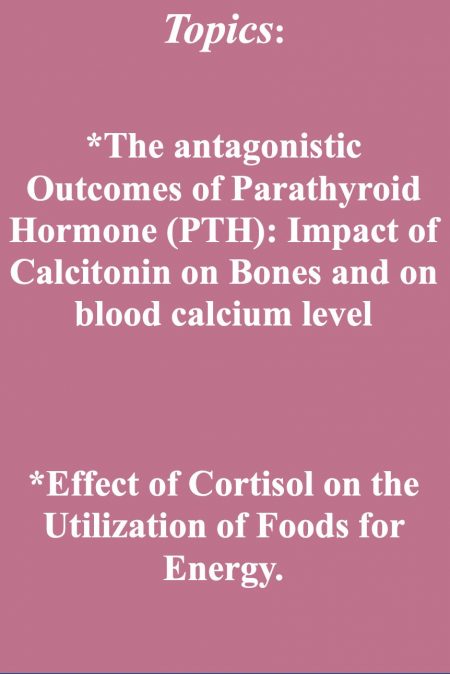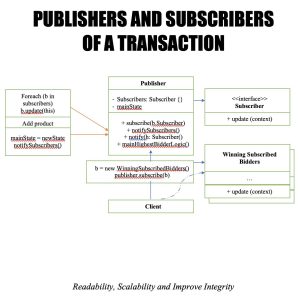The Antagonistic Outcomes of Parathyroid Hormone (PTH): Impact of Calcitonin on Bones and on blood Calcium Level
The parathyroid gland is located on the back of each lobe of the thyroid gland. They secrete the parathyroid hormone known as the antagonist to the hormone calcitonin. The parathyroid hormone is four in number with two each at the back of each lobe.
The calcitonin is a hormone secreted by the thyroid gland which is located in front of the neck right below the larynx. These hormones are secreted as a result of the conditions of hypercalcemia, a condition in which the levels of calcium phosphate rise in the blood. Calcitonin decreases the reabsorption of calcium and phosphate from the bones to blood, therefore decreasing the level of calcium blood.
The target of organs of parathyroid hormone (PTH) is the bones, small intestine, and kidneys. PTH increases the reabsorption of calcium and phosphate ion from bones to blood in the presence of vitamin D, it stimulates the activation of vitamin D and increases the level of calcium availability in blood. This action by the PTH is often stimulated by hypocalcemia, a condition that normally results in low levels of calcium and phosphate in the blood, thereby inhibited by hypocalcemia.
Calcium is an important inorganic ion essential for strong bones and teeth; its role in the process of blood clotting is very essential. Consequently, calcitonin and PTH together conserve the regular blood levels of calcium and phosphate.
Effect of Cortisol on the Utilization of Foods for Energy.
The adrenal cortex secretes cortisol known as glucocorticoid. The adrenal glands are located on the top part of the kidneys and have two parts- the cortex and medulla. Cortisol increases the use of fats and excess amino acids for the production of energy to be used by cells. It facilitates glycogenesis and gluconeogenesis.
Anti-inflammatory effects of cortisol
The glucose present in the body is stored for use by the brain. It is secreted in conditions of stress, disease, physical injury, hemorrhage, anger, exercise, and hunger. Cortisol has anti-inflammatory influence, histamine from damaged tissues including mast cells causes the capillaries to be more permeable during the inflammatory process; lysosomes of damaged cells liberate their enzyme enzymes, which help in breaking down damaged tissue to enhance easy cleanup by the macrophages though may result into the damage of nearby healthy tissue.
Cortisol blocks the influence of histamine including the stabilization of lysosomal membranes, inhibiting excessive tissue damage. To some extent, inflammation can be beneficial and an essential primary step in the case of tissue repair. It may, however, become a vigorous and pain progression of damage, and so with the more damage caused, the more inflammation experienced, hence, a positive feedback mechanism that requires an external brake.



